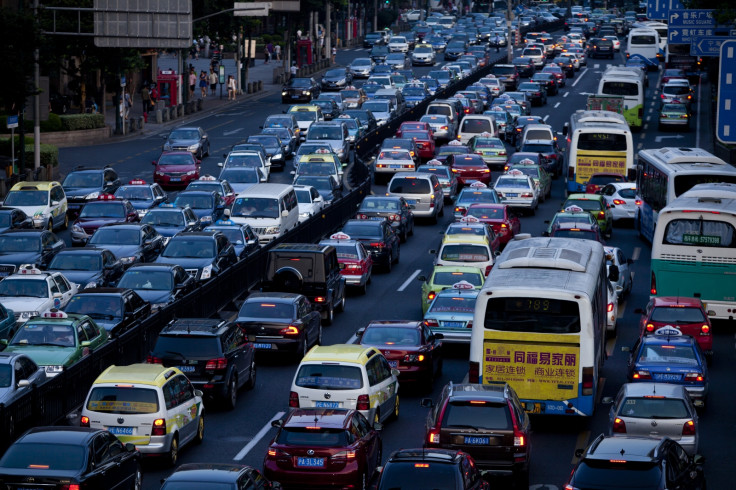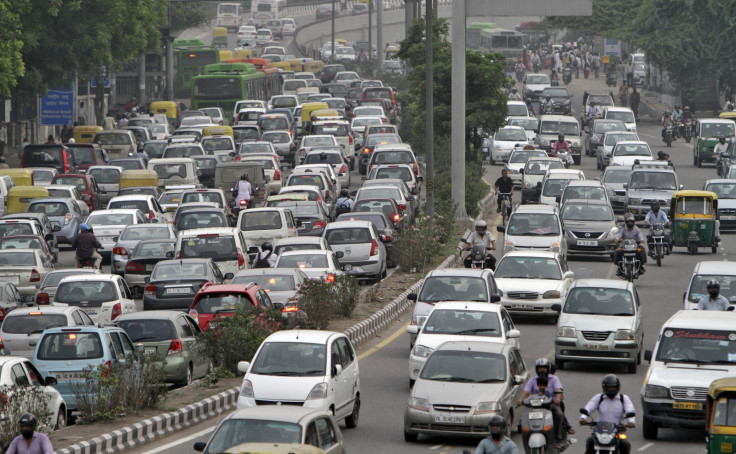Climate Change: Major Global Shift to Public Transport Can Cut Emissions by 40%

A shift from car-centric transport to one based on public transport, walking and cycling can reduce carbon dioxide emissions by as much as 1542 megatonnes (1700 megatons) by 2050.
This amounts to a 40% reduction in emissions from the business-as-usual scenario, which can go up to 55% reductions when fuel economy contributions are added.
Besides 61 trillion pounds savings in spendings on cars and fuels, this would also deliver sizeable health benefits, says a new report from the Institute for Transportation and Development Policy (ITDP) and University of California, Davis.
The authors calculated CO2 emissions and costs from 2015 to 2050 under a business-as-usual scenario and a "High Shift" scenario that saw substantial investment hikes in rail and clean bus transportation, and also provided infrastructure to ensure safe walking, bicycling, and other active forms of transportation.
They also included disincentives for car ownership like halting road construction, parking garages, etc.
Transportation is the fastest growing source of carbon emissions and accounted for about 2,300 megatons of CO2 in 2010.
While the US is projected to lower its transport emissions from 670 megatons annually to 560 megatons by 2050, China's emissions are predicted to go from 190 megatons annually to nearly 1,200 megatons and India's from about 70 megatons today to over 500 megatons.
Both these can be almost halved under the High Shift scenario that focuses on an efficient public transport system.
Under the High Shift scenario, mass transit access worldwide is projected to more than triple and provide the poor with better access to employment and services that can improve their livelihoods.
The report also called for stringent fuel efficiency, noting that doubling motor fuel economy could further cut emissions by an additional 700 megatons.
Citing an analysis on vehicular pollution that says 1.4 million early deaths are associated with exposure to tailpipe emissions, it sought vehicle pollution controls and ultra-low sulphur fuels. It is well-known that diesel black carbon soot emissions, besides abetting climate change, also leads to 3.2 million deaths arising from air pollution.

© Copyright IBTimes 2025. All rights reserved.





















